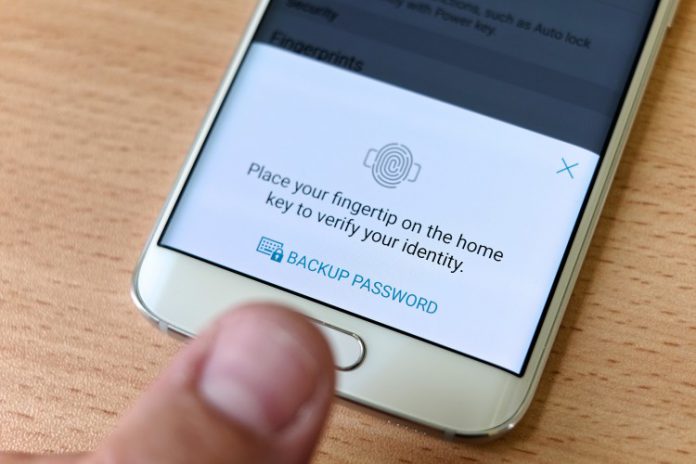Even so, most phones don’t lock instantly after use. If somebody grabs your phone after you’ve unlocked it, it’s fair game. Thankfully, researchers may have found a solution. A system that’s secure and requires no input. The team hails from Institute of Cyber Intelligence Systems at Russia’s National Research Nuclear University and presented its findings at several international conferences.
Behavioral Biometrics
Essentially, the system uses behavioral biometrics to discern who is using a phone. According to NRNU, every person uses their smartphone differently. They hold them in a certain way, use particular fingers more, miss certain keys. All of it can be constantly monitored. “We used data analysis and machine learning technologies, as well as artificial neural networks, to monitor behavioral biometric characteristics in order to ensure the continuous authentication of the smartphone user,” explained Konstantin Kogos, the project’s head. “The sensitivity of sensors in today’s smartphones allows them to recognize the unique behavioral characteristics of each user and, based on the set of data collected from the touch screen and other sensors, to conduct high-accuracy authentication.” As a result, the system could work a great failsafe. If somebody does manage to trick your fingerprint sensor, your phone would be able to tell fairly quickly. Apps could implement systems of their own, spurring further accuracy. However, such a system would also come at a cost. It’s likely that to do so, your phone and apps would have to be tracking your every movement, all the time. That’s something many wouldn’t feel comfortable with, despite the security increase.




